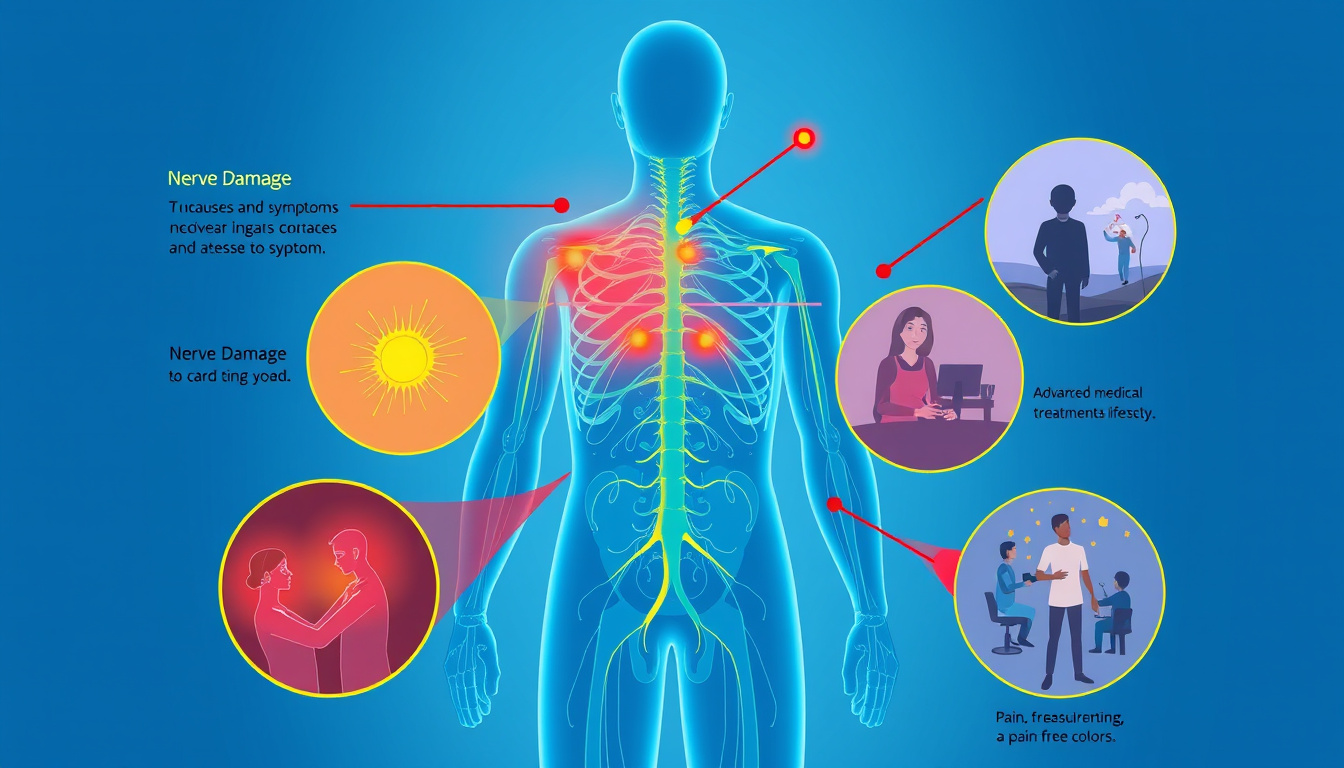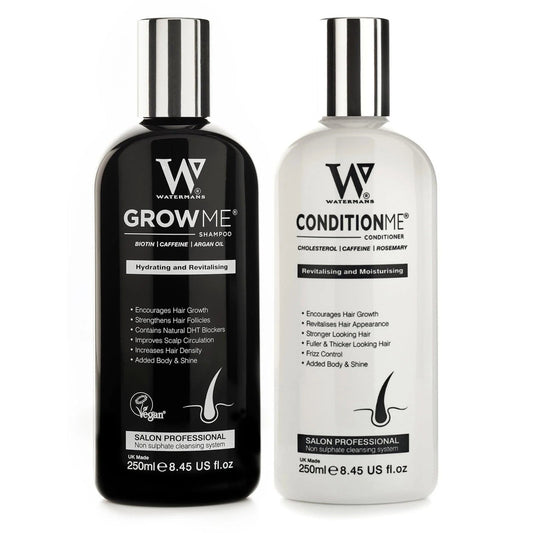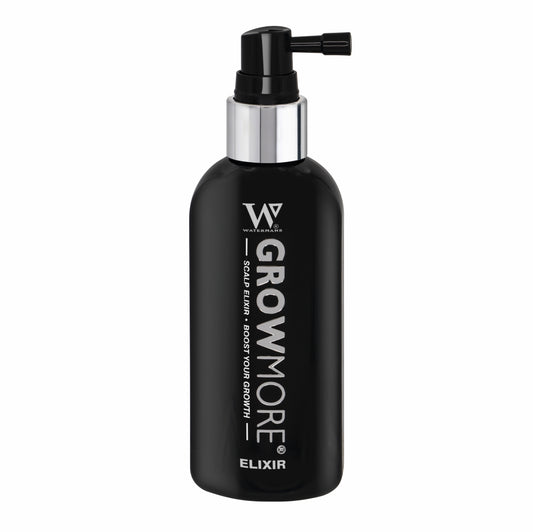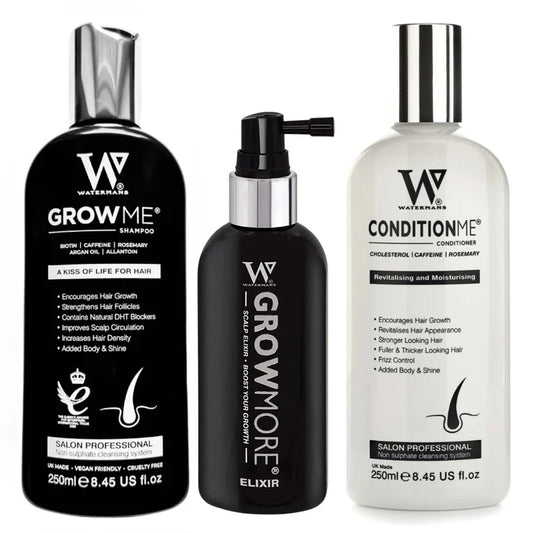Understanding Nerve Damage: Causes, Symptoms, and Breakthrough Treatments for a Pain-Free Life
Share

Nerve Damage: Understanding Causes, Symptoms & Breakthrough Treatments for Relief
Nerve damage can be a confusing and painful experience, affecting millions around the world. Whether caused by injury, illness, or other factors, understanding nerve damage is the key to managing symptoms and finding effective treatments. In this article, we’ll explore the causes, signs, and the latest breakthroughs in treatment options—all presented in an easy-to-understand way.
What Is Nerve Damage?
Nerve damage, also known as neuropathy, occurs when nerves are injured or disrupted. Nerves carry messages between the brain, spinal cord, and the rest of the body, so any harm to them can lead to discomfort or loss of function. These damages can affect various types of nerves, including sensory nerves (which detect sensations), motor nerves (which control muscles), and autonomic nerves (which manage body functions like blood pressure and digestion).
Common Causes of Nerve Damage
Nerve damage doesn’t have just one cause. Instead, it can result from multiple factors, including:
- Diabetes: High blood sugar can harm nerves, leading to diabetic neuropathy.
- Physical Injury: Accidents or pressure, such as carpal tunnel syndrome, can damage nerves.
- Infections: Certain viruses like shingles or Lyme disease can affect nerves.
- Autoimmune Diseases: Conditions like lupus or rheumatoid arthritis may attack nerves.
- Vitamin Deficiencies: Lack of vitamins B1, B6, B12, or E may disrupt nerve health.
- Exposure to Toxins: Alcohol, heavy metals, and some medications have nerve-damaging effects.
- Chronic Diseases: Kidney or liver disease can cause nerve complications.
- Nerve Compression: Herniated discs or repetitive stress may squish nerves.
Learning about the cause behind nerve damage is vital because treatment often depends on it.
Recognizing Symptoms of Nerve Damage
Nerve damage symptoms vary depending on the nerve type and extent of injury. Some common signs include:
- Tingling or “Pins and Needles”: A prickly sensation often felt in hands or feet.
- Numbness: Loss of feeling in parts of the body.
- Pain: Sharp, burning, or shooting pains along nerve pathways.
- Muscle Weakness: Difficulty moving or controlling muscles due to motor nerve damage.
- Loss of Coordination: Feeling clumsy or unstable.
- Sensitivity to Touch: Even light contact might feel painful.
- Autonomic Symptoms: Dizziness, digestive issues, or abnormal sweating.
If you experience these signs, it’s important to consult your healthcare provider promptly.
How Is Nerve Damage Diagnosed?
Doctors use several methods to diagnose nerve damage, including:
- Medical History and Physical Exam: Checking symptoms, reflexes, and muscle strength.
- Electromyography (EMG) and Nerve Conduction Studies: Measure how well nerves and muscles respond.
- Blood Tests: Check for diabetes, vitamin deficiencies, or infections.
- Imaging Tests: MRI or ultrasound help detect nerve compression or injury.
- Nerve Biopsy: In rare cases, a small nerve sample may be analyzed.
Diagnosis helps pinpoint the kind of nerve damage and guides effective treatment choices.
Breakthrough Treatments for Nerve Damage
While nerve damage can be challenging, modern treatments offer promising options to relieve pain and encourage healing. Here are some of the leading approaches:
1. Medications for Symptom Relief
- Painkillers: Over-the-counter pain meds like acetaminophen or NSAIDs.
- Prescription Drugs: Antidepressants and anticonvulsants have nerve pain-relieving effects.
- Topical Treatments: Creams with capsaicin or lidocaine numb the affected areas.
2. Physical Therapy
Targeted exercises help improve muscle strength, balance, and coordination, preventing further injury.
3. Lifestyle Changes
- Manage Blood Sugar: If diabetic, controlling glucose levels prevents further nerve damage.
- Healthy Diet: Incorporate vitamins and minerals critical for nerve health.
- Avoid Alcohol and Toxins: Limits additional nerve stress.
4. Nerve Stimulation Therapies
Electrical nerve stimulation, such as transcutaneous electrical nerve stimulation (TENS), reduces pain signals traveling to the brain.
5. Surgical Options
In cases of nerve compression or injury, surgery can relieve pressure or repair nerves.
6. Natural & Holistic Treatments
Herbal and natural products are gaining popularity for boosting nerve health. In particular, maintaining healthy hair and scalp is often overlooked yet linked to overall nerve and skin wellness. For example, the right hair care products can help by stimulating blood flow to the scalp, improving nerve function in that area.
Natural Hair Care For Nerve-Related Scalp Concerns
Many people with nerve conditions experience hair thinning or loss due to poor scalp nourishment or stress-induced inflammation. That’s why using a natural shampoo designed to promote scalp health can be so helpful.
Try Watermans Grow Me Shampoo – it’s specially formulated with ingredients known to energize the scalp and improve hair from root to tip. This shampoo includes:
- Biotin: Known to strengthen hair and encourage regrowth.
- Rosemary: Stimulates blood circulation.
- Caffeine: Helps awaken hair follicles.
- Niacinamide: Supports skin barrier function.
- Argan Oil: Nourishes and hydrates.
- Allantoin: Soothes irritation.
- Lupin Protein: Repair and strengthens hair structure.
People have found it to be a great natural, non-medical solution for hair loss related to nerve and scalp conditions. Learn more about it at Watermans official site.
Preventing Nerve Damage: What You Can Do
While some causes of nerve damage are unavoidable, there are several steps to protect your nerves:
- Maintain a healthy lifestyle with balanced nutrition.
- Regular exercise keeps nerves and muscles in good condition.
- Manage chronic illnesses with your healthcare provider.
- Avoid smoking and excessive alcohol consumption.
- Prevent injuries by practicing safety measures at work and home.
- Take care of your feet and hands; early detection of numbness or tingling helps prevent progression.
Frequently Asked Questions (FAQs) About Nerve Damage
Q1: Is nerve damage reversible?
A: Some nerve injuries heal over time, especially if the cause is treated early. Severe damage may be permanent, but treatments can improve function and relieve symptoms.
Q2: Can nerve damage cause hair loss?
A: Yes. Damage or reduced blood flow to scalp nerves can negatively impact hair follicles, leading to hair thinning or loss.
Q3: What foods help repair nerves?
A: Foods rich in B vitamins, omega-3 fatty acids, antioxidants (like fruits and vegetables), and healthy fats support nerve health and repair.
Q4: How long does nerve pain last?
A: It varies. Some cases resolve after weeks, while chronic neuropathy can cause long-lasting pain.
Q5: Are there natural ways to reduce nerve pain?
A: Besides standard treatments, natural remedies such as acupuncture, meditation, massage, and using scalp products like Watermans Grow Me Shampoo can complement relief.
Q6: What tests confirm nerve damage?
A: Nerve conduction studies, EMG, blood tests, and imaging are common tests to diagnose neuropathy.
Q7: Does stress worsen nerve damage?
A: Chronic stress can worsen symptoms by increasing inflammation and reducing the body’s ability to heal.
Q8: Is nerve damage hereditary?
A: Some neuropathies have genetic causes, but many are due to acquired conditions like diabetes or injury.
Did You Know? Interesting Facts About Nerve Damage
- Nerve cells can regenerate slowly: Unlike many body tissues, nerves regenerate very slowly – about 1 millimeter per day after injury.
- Diabetic neuropathy affects up to 50% of diabetics: High blood sugar can silently damage nerves for years.
- Peripheral nerves are more commonly affected: Because they’re longer and more exposed, peripheral nerves (in hands and feet) often show symptoms first.
- Vitamin B12 deficiency can mimic nerve disease: Lack of this vitamin causes numbness and tingling similar to nerve damage.
- Hair and nerve health are connected: A healthy scalp nourished with the right natural products promotes better nerve function and results in stronger hair.
Dealing with nerve damage can be overwhelming, but knowledge and the right approaches make a difference. From medical care to natural solutions like Watermans Grow Me Shampoo, you can support your nerve and hair health every day. Explore these options and consult your healthcare professional for personalized guidance toward a pain-free life.



